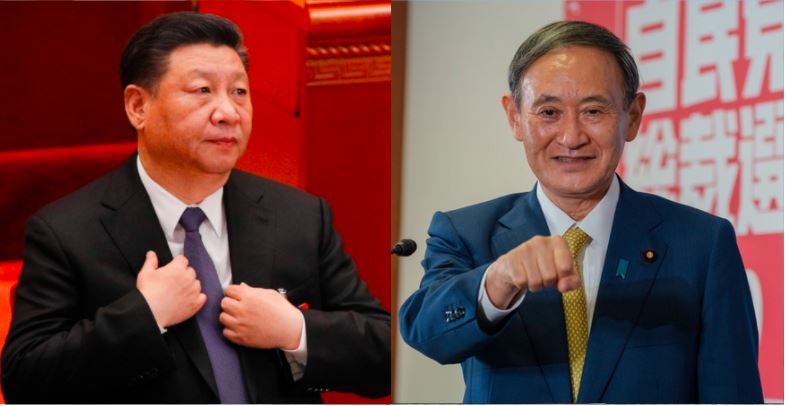Chinese students dominate the international community in Japanese universities. Of some 280,000 foreign students in Japan, 40 per cent belong to China. However, this could change soon as Tokyo prepares to weed out Chinese student spies and Intellectual Property (IP) thieves from its University campuses.
● As per a Kyodo News survey, Japan’s major universities including the ones having close ties to China are going to tighten background checks on foreign students involved in studying civil-military technologies.
● 31 out of 56 Japanese universities surveyed by Kyodo News stated that they have either tightened background checks or are planning to do so.
Why is the Chinese students’ spy network concerning?
Japan is not the first country to feel concerned about Chinese student spy networks. China runs a huge reverse engineering industry, which is fuelled by its student spy network. Beijing deliberately sends its students and scholars into other countries to carry out research on dual-use technologies with military applications.
In fact, China’s defence industry is almost totally powered by a system of students, scholars and spies breaking into the security systems of recipient nations and stealing critical information or intellectual property. The US, Britain, Europe, Australia and even Russia have been victims of Chinese spy networks and IP theft.
The US and Australia have taken stern action against Chinese spy networks
Last year, former US President Donald Trump led a tough crackdown against the Chinese student spy networks. The Trump administration started an all-out hunt for Chinese spies even as the Federal Bureau of Investigation (FBI) and other law enforcement agencies started tracking down and arresting Chinese student spies operating in different American universities.
As for Australia, the Scott Morrison government understood how Beijing was using the Thousand Talents Plan (TTP) — a CCP initiative to recruit some of the best and brightest science and technology experts around the world, for zeroing in on some of the best brains in Australia’s academic circles.
With Australian universities getting perilously over-dependent on Chinese students, who account for 10 per cent of the total revenue at many Australian Universities and more than 20 per cent at the University of Sydney and UNSW, Beijing was looking to access technological advancements and innovations taking place in Australia on Australian taxpayers’ money.
In order to eliminate the Chinese threat, the Scott Morrison government has decided to raise awareness and teach Australian university personnel and students about how to spot foreign influence concerns on campus and report them to authorities. Scott Morrison is also taking greater control of the country’s foreign policy and looking to weed out Chinese influence from Australia’s entire system.
Meanwhile, the European Commission had also warned the European Union about the foreign influence threat on its University campuses. The European Commission had suggested civilian spy-catchers to stop China and others from stealing secrets. An EU source had said, “The possible development of guidelines at EU level is currently being discussed at a preliminary stage.”
An EU concept note had also suggested that despite hostile EU-China relations, European universities were “remarkably open in their approach to international collaboration,” which had further “facilitated” foreign espionage.
Earlier this year, it was also reported that a high-level probe against Chinese spies working in British universities could lead to arrests. UK investigators are also said to have established a linkage between universities that make significant money from Chinese students and activities of the academic staff that have prompted suspicion. Universities under suspicion include Manchester and Imperial College, Liverpool and Sheffield, and Oxford and Cambridge.
Japan wants to kick out Chinese student spies
Last year, a pro-government newspaper in Japan, Yomiuri, reported that Japan will tighten the inspection process in issuing visas, especially for Chinese students and researchers over espionage concerns. In its front-page report, Yomiuri stated that Tokyo sees the move as necessary due to concerns that its technology and security intelligence might be getting leaked to the paper dragon or other countries on account of inimical operatives who enter Japan by posing as graduate students or researchers.
Now, if Japan can identify foreign influence in China, then it would really help Tokyo kick out Chinese student spies and preserve the sanctity of its military technologies and security systems. Japan is really set to crack down on Chinese student spies and IP thieves even as Sino-Japanese ties continue to deteriorate over bilateral tensions between Tokyo and Beijing over the Senkaku Islands dispute.
